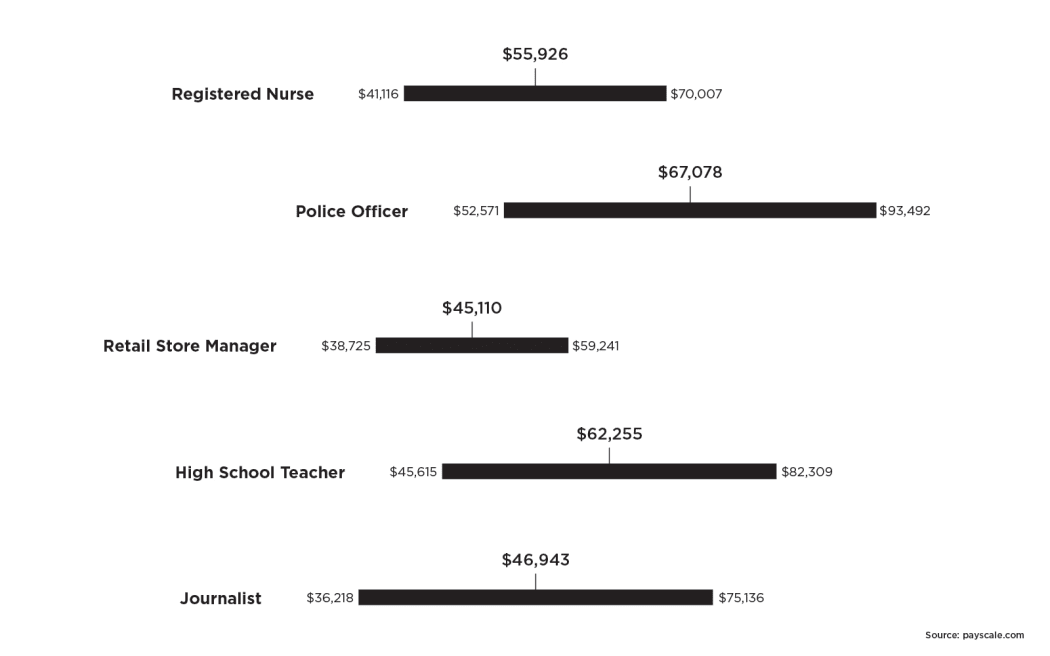Registered nurse Michelle Nicholls says pay inequity in nursing has existed for too long and it's time for that to change.
Luke McPake / The Wireless
I have never forgotten a conversation I had with a nurse while I was supporting an unwell friend in hospital. I was a year into a nursing degree and had mentioned this fact to the nurse on duty. She looked me straight in the eye and said to me: “It’s not too late, you could still change your degree.”
I laughed, assuming it was wry nursing humour, but she was serious. At the time I dismissed her comment, attributing it to a cynical personality. I have since graduated and have been working at a DHB for several years. I now understand precisely that nurse’s warning.
I chose nursing as my profession because I enjoy working with people. I also have a strong interest in biology and human health; I am a kinesthetic person who likes to be on the move; I enjoy working in a team environment; am dedicated to trying to reduce the current health inequalities in Aotearoa.
Nothing could have prepared me for the reality of working as a nurse. The combination of understaffing, unrealistic workloads, poor working conditions, and high levels of stress that come with the responsibility of looking after acutely unwell people has taken its toll on me.
At the beginning of a shift I feel my stomach drop when I see the sheer amount of work I am expected to complete in an eight-hour period. At least half of the shifts I work, I do not have time to take my breaks, and often finish late. And there is the ever-present fear of making a potentially fatal error.
I have witnessed a number of my colleagues reach burn out, as the toll of having to work at maximum capacity every shift results in physical and mental exhaustion.
My story has been mirrored time and time again by nurses all over Aotearoa on the New Zealand, please hear our voice Facebook page. Over the past month, there has been a groundswell of activity on social media by nurses triggered by the current pay negotiations taking place between nurses union and the district health boards.
Why have these conditions and pay inequality continued for so long? Nursing is predominantly a profession that attracts women. As such, it has historically been paid less than other professions with a comparative skill level that is dominated by men.
Despite having all the hallmarks of a profession we are still not recognised, staffed, or paid accordingly.

Photo: Unknown
We are struggling to move past the historical perception of nurses as saintly people who are “called” to nursing as a vocation. Yes, nurses are required to demonstrate compassion but we are also so much more. We are academics, ethical decision makers, and patient advocates, leaders and educators (both of patients and new staff).
We make complex clinical assessments, are required to master an extensive variety of clinical skills, have an in-depth knowledge of human biology and pharmacology, and have a knowledge of a range of technologies.
We formulate and evaluate care plans in partnership with our patients, we coordinate multidisciplinary action, we are required to have highly developed interpersonal skills that allow us to negotiate sometimes very challenging therapeutic relationships with our patients. Additionally, we are required to maintain a current professional portfolio, continuing professional education, and often encouraged to continue postgraduate study (with no extra monetary incentive).
Over the past 100 years, nursing has been constantly evolving and the range of responsibilities has increased. I draw attention to our skills not to be self-aggrandizing, but to highlight the fact that our wage and level of staffing have not increased to reflect this. Furthermore, patient numbers have risen due to an ageing population and the increased incidence of lifestyle-related illnesses.
I can say without hyperbole that we are a workforce who are being exploited. We are angry and exhausted. This is why large numbers of us move into different careers or move overseas for better pay and working conditions.
On a well-staffed day, for me, nursing is the best job in the world. I would like to be able to recommend nursing as a profession to the next generation of student nurses. As it stands, our situation is unjust, unsafe and unsustainable. Aotearoa, please hear our voice.
NURSES MAY STRIKE
Nurses and midwives will discuss the possibility of strike action after rejecting a 2 percent pay rise offer from New Zealand's DHBs last month.
DHBs offered 27,000 nurses and midwives a 2 percent annual increase in salary, a $1050 lump sum payment, and a commitment to a pay equity settlement no later than July 1, 2019.
In mid-April, the NZ Nurses Organisation will meet to plan whether to strike and discuss the details of it, should it go ahead.
Teachers are also after a pay rise - the New Zealand Educational Institute (NZEI) is calling for a 16 percent pay rise.
The police collective agreement expires on July 1 and negotiations are underway.
Last year's $2 billion pay equity settlement for care and support workers was historic but doesn't cover nurses.
UPDATE 09/04/2018: A previous version of this article featured a red cross on a white background which is the official emblem of the Red Cross. The organisation are in no way associated with the content of this article or the author.

